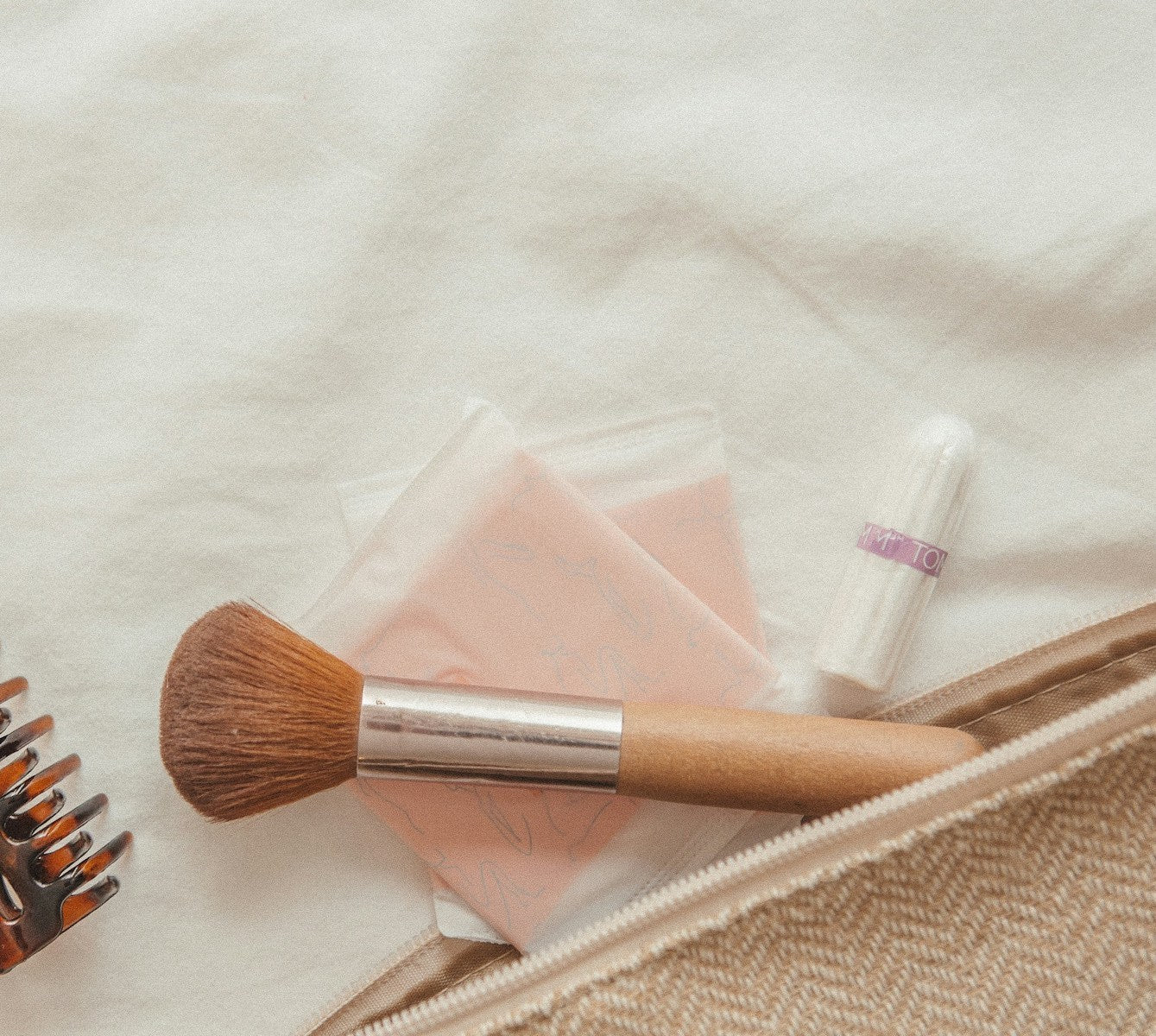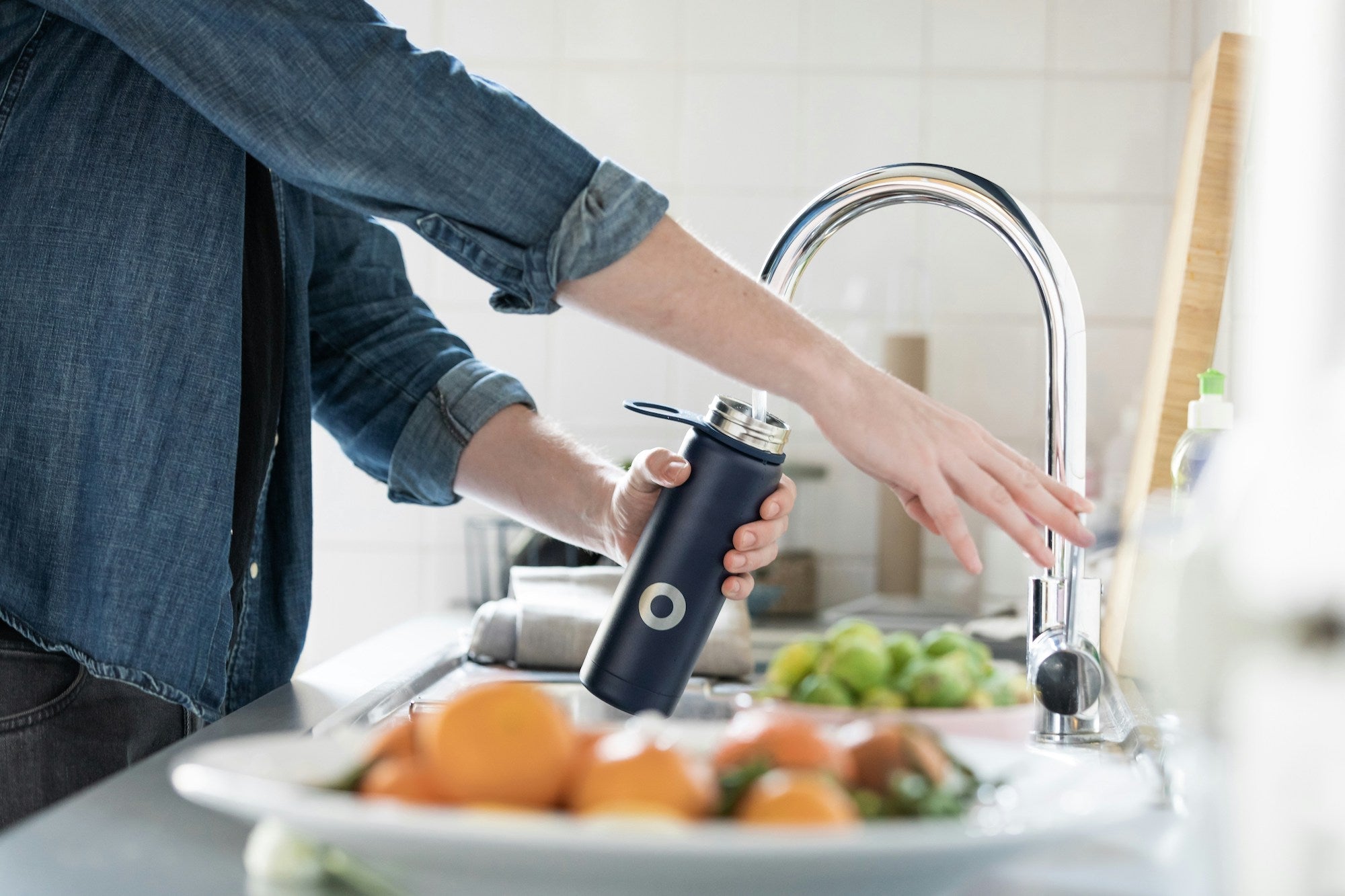
On our journeys to a healthier, non-toxic lifestyle, we often scrutinize what we eat, how we clean, and what products we use in our homes. But there’s one area that many of us overlook: feminine hygiene products. Recent research has shed light on the potential dangers of tampons, making it crucial for us to be informed and make safer choices.
The Recent Studies: What You Need to Know
A study published in 2023 in the journal Environmental Health Perspectives revealed some alarming findings about the presence of harmful chemicals in tampons. Researchers found that many tampons contain trace amounts of dioxins, pesticides, and fragrance chemicals. These substances can potentially disrupt the endocrine system, lead to reproductive health issues, and even increase the risk of cancer over prolonged exposure.
Adding to this concern, a 2024 study by UC Berkeley (the first one ever to measure toxic metals in tampons, would you believe?) found that several tampon brands contained heavy metals such as lead, mercury, and cadmium. These metals can accumulate in the body over time, posing significant health risks including hormonal disruptions and increased cancer risk. The vaginal mucosa's high absorption capacity makes the presence of such contaminants particularly worrisome.
Why This Matters
Tampons are used in one of the most absorbent and sensitive parts of the body. The vaginal walls can easily absorb chemicals, which can then enter the bloodstream. Prolonged exposure to these toxins can disrupt your hormonal balance and potentially lead to long-term health issues.
Choosing Safer Alternatives
Luckily, there are several safer alternatives available to reduce our exposure to these toxic chemicals. Here are some options to consider:
Organic Cotton Tampons:
Look for tampons made from 100% organic cotton. These tampons are free from pesticides, chlorine, and synthetic materials. Enroush.ae offer a range of non-toxic pads and tampons.
Menstrual Cups:
Made from medical-grade silicone, menstrual cups are a reusable option that can last for years. They are free from chemicals and are eco-friendly. Popular brands include DivaCup and Lunette.
Period Underwear:
Period underwear is designed to absorb menstrual flow without the need for tampons or pads. They are made from breathable materials and are reusable.
Tips for a Non-Toxic Menstrual Routine
- Read Labels: Just as you do with food and cleaning products, read the labels on your menstrual products. Look for certifications like GOTS (Global Organic Textile Standard) and OEKO-TEX.
- Avoid Fragrances: Fragrance-free products are always better as fragrances can contain undisclosed chemicals.
- Choose Unscented and Unbleached: Opt for products that are unscented and unbleached to minimize exposure to chemicals.
Stay informed, stay healthy, and always prioritize your well-being.
References:
- Environmental Health Perspectives, “Study on the Chemical Composition of Tampons” (2023).
- UC Berkeley, “Study on Heavy Metals in Tampons” (2024).
- Rael, Seventh Generation, Natracare, DivaCup, Lunette, GladRags, Aisle, Thinx, Knix official websites.







